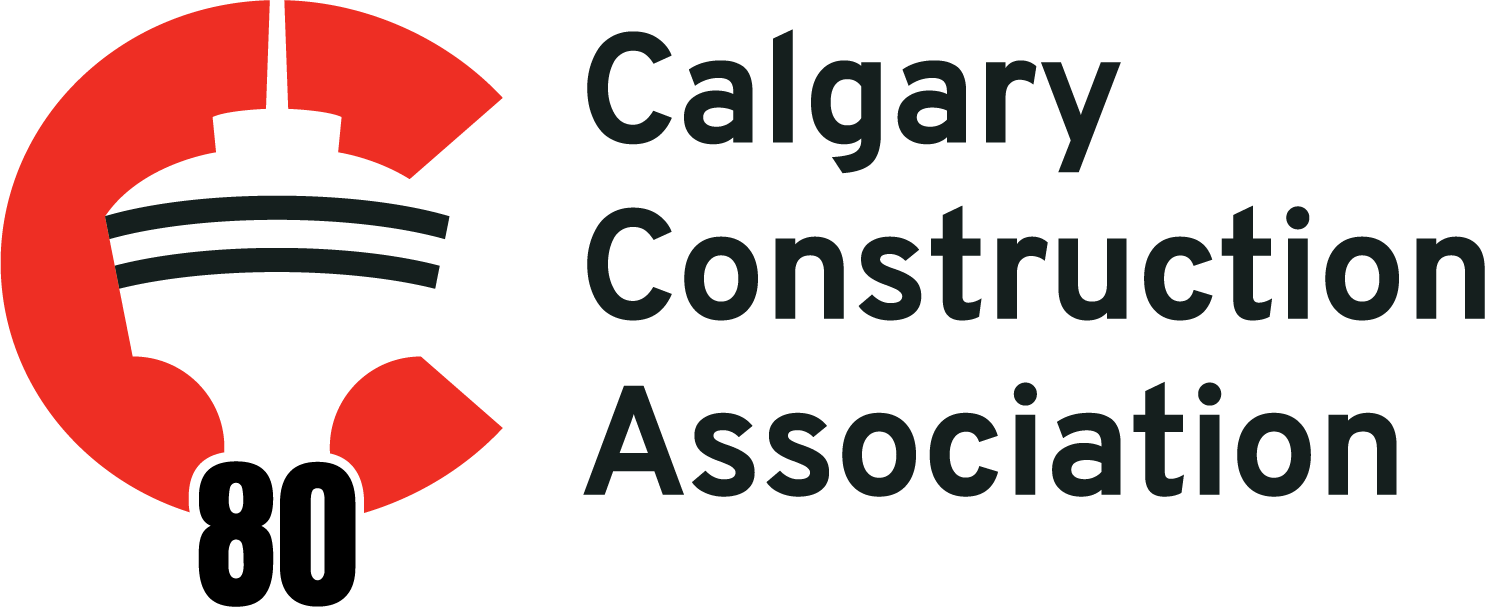4 Alberta communities get $25.6M in federal home energy retrofit funds
Natural Resources Minister Jonathan Wilkinson was at Calgary city hall to make the announcement on Monday. The mayors of Calgary, Lethbridge and Canmore, as well as the Federation of Canadian Municipalities president were among the dignitaries attending the announcement.
Wilkinson and Calgary Mayor Jyoti Gondek said homes as a sector are a significant source of greenhouse gas emissions in cities.
Gondek said about two-thirds of greenhouse gas emissions in the city on the Bow River are from heating, lighting and power demands in buildings.
But Wilkinson added retrofitting homes to reduce energy consumption can provide economic and job opportunities.
“The government of Canada very much shares the ambition of the City of Calgary in unlocking economic opportunities that deliver a clean environment and sustainable jobs right here in Calgary, but across Alberta and of course, across the country as a whole, all while focused on making life more affordable for Canadians.”
Wilkinson said cities are a “key partner” in the country’s emissions reductions targets.
“To meet our climate goals, we need to retrofit about 70 per cent of all of the buildings that exist today that will still be standing in 2050,” he said, adding that represents around 16 million dwellings and half a million commercial buildings.
“It’s an enormous task,” the federal minister said.
Lethbridge Mayor Blaine Hyggen said the federal funds will help more than just homeowners.
“This investment will give our residents an advantage when it comes to being sustainable-minded citizens,” Hyggen said Monday.
“One unique and value-added bonus for Lethbridge is that 20 per cent of this funding is dedicated to supporting affordable housing providers. This means some of the most vulnerable members in our community will get to experience improved facilities, and those that provide them will get to upgrade their properties to offer a more comfortable space to their clients.”
Of the $25.6 million going to the four municipalities, Calgary will receive $15 million, St. Albert gets just more than 5 million, Lethbridge will receive $3.8 million, and $1.6 million was earmarked for Canmore.
Each municipality will be able to set up lending programs to help homeowners with retrofits to their home to make them more energy efficient. Homeowners will be able to repay the cost of the home energy projects through a charge on their property tax bills.
Gondek said details are still being worked out for Calgary’s program, expecting to launch by the end of the year.
Calgary city council approved the Clean Energy Improvement Program, which would cover up to $50,000 for those renos. The funds would be repaid on the home’s property tax bill over a period of up to 25 years.
The funding would cover retrofits like smart thermostats, insulation improvements, high-efficiency appliances, door and window replacements, and solar power.
“I think all the kinds of fundamentals are there for this program to be really successful,” Calgary Climate Hub board co-chair Robert Tremblay told Global News. “Where we’re looking going forward is a plan to scale up and get closer to that really big number of retrofits we need to do to get to net zero by 2050.”
According to Calgary’s climate strategy, 19,000 homes and 317 commercial buildings would need to be retrofitted each year to reach its net-zero goal by 2050.
The Calgary Construction Association (CCA) has been critical of that number, but added programs that help incentivize homeowners to take action is a step in the right direction.
CCA president Bill Black said Calgary’s share of $15 million “is not going to get you any more than maybe 75 to 100 homes, let’s say, if you’re talking full blown net zero.
“But if that encouraged people to go after solar and begin their journey towards reducing the energy footprint of their residences, then you could be looking at several hundred, maybe 500 homes.”
St. Albert Mayor Cathy Heron was not in attendance, as St. Albert city council was in session on Monday.




